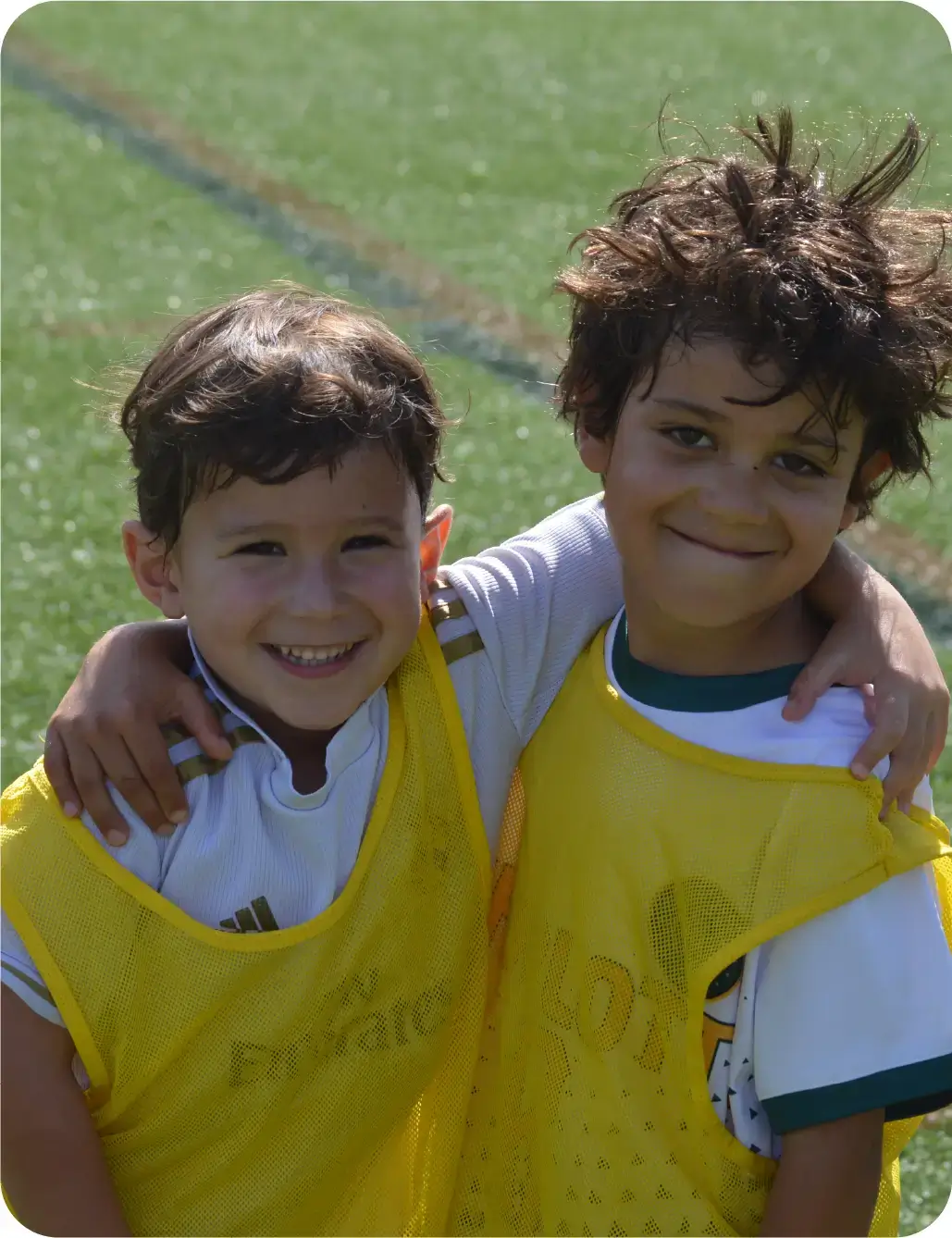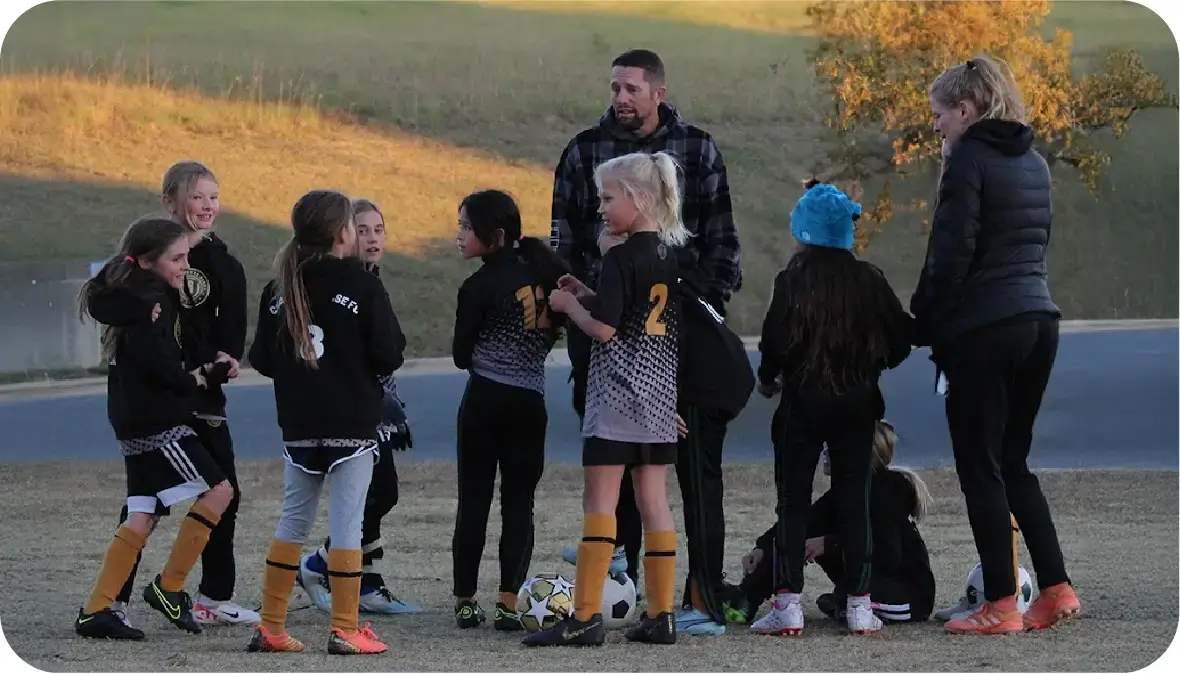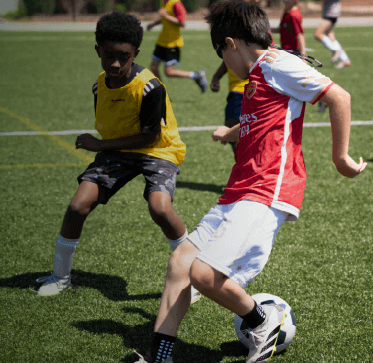CRFC
NEWSLETTERS
NEWSLETTERS FOR OUR LATEST EVENTS
Soccer is a sport that brings players together across borders, age groups, and cultures. The game offers more than physical fitness for young players—it serves as a platform for personal growth and social development. One of the most important lessons soccer teaches is the value of teamwork. Through structured gameplay, shared goals, and social interactions, youth soccer develops collaboration, communication, and trust both on and off the field.

Teamwork on the Field
Setting and Achieving Shared Goals
Achieving shared goals—scoring, defending, or winning a game—requires every team member to work together. Players need to plan together, trust each other’s skills, and stay focused on a shared goal. This approach helps young players learn the value of teamwork and responsibility.
Communication as the Key to Success
Effective communication is key to teamwork in soccer. Players use verbal signals like calling for the ball and non-verbal signals like eye contact and gestures to coordinate during games. This ability to communicate under pressure builds trust and sharpens decision-making skills.
Appreciating Different Roles
Soccer relies on different roles, like goalkeepers, defenders, midfielders, and forwards. Each player plays an important part in the team’s success. By respecting and trusting each other’s strengths, players learn to work together. They must understand that their success depends on the whole team, making teamwork even more important.

Building Bonds Off the Field
Trust and Team-Building Exercises
Teamwork continues even after the game ends. Fun activities, solving problems together, and team outings help players build strong friendships. These off-field moments create a positive and supportive atmosphere where teammates can connect. The trust built during these times leads to better teamwork during games.
Social Interactions and Friendships
Youth soccer is a great way to make friends. Spending time together at practices, games, and celebrations helps players bond. These friendships often grow beyond the field, creating a supportive network that adds so much to young players’ lives.
Parental and Coach Support
Parents and coaches have important roles in building teamwork. Coaches guide players by showing them how to work together. Parents can support this by praising the team’s success instead of focusing only on individual achievements, helping kids value teamwork.


